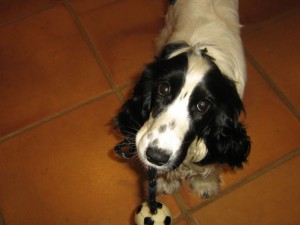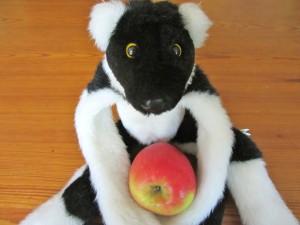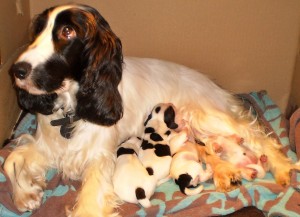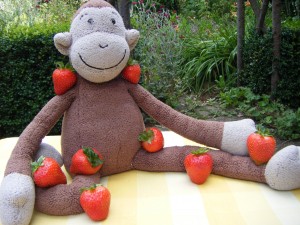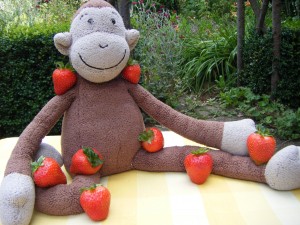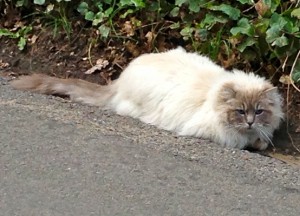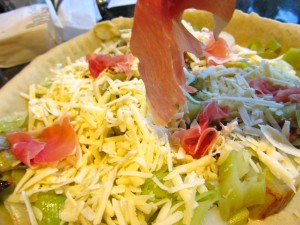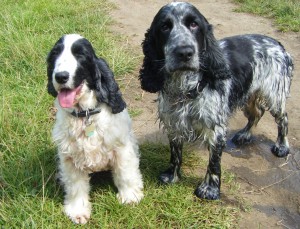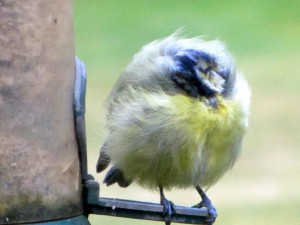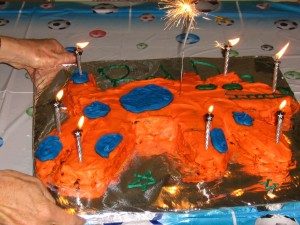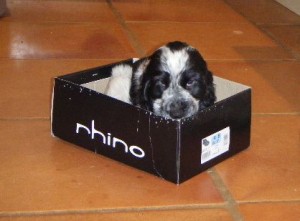KS2/3 French Story Practice for Children
Present + Past Tenses
French short story about a dog, supported by a YouTube video, Video Transcript, Questions and an Online Quiz.
The story begins in the past tense before moving on to the present tense to discuss likes and dislikes in the 3rd person:
Maggie a grandi! Maggie has grown!
Video
The Story in French
(Past Tense – Passé Composé)
Maggie a grandi!
Elle a grandi beaucoup!
Elle a changé énormément!
Elle est devenue coquine!
(Present Tense)
Connaissez-vous un chien qui aime faire ceci?
Elle aime faire du toboggan!
En plus …
Elle aime jouer à cache-cache!
Et elle aime cacher les choses!
Elle adore jouer dans la boue!
Elle n’aime pas les bains!
Elle n’aime pas aller chez le coiffeur!
Shh … Elle dort!
Écrivez trois choses qu’elle aime faire.
Écrivez deux choses qu’elle n’aime pas!
Questions
Answer the questions in French in the 3rd person:
Elle aime = she likes …
Elle n’aime pas = she doesn’t like …
1. Qu’est-ce que Maggie aime faire?
a) …
b) …
c) …
2. Qu’est-ce que Maggie n’aime pas faire?
a) …
b) …
Now talk about yourself:
Je! J’aime … Je n’aime pas!
What are YOUR likes and dislikes?
Write down two of each, from the story or elsewhere:
J’aime …
Je n’aime pas …
Maggie is mischievous: Elle est coquine!
What are YOU like?
Think about it.
It’s why you like some things more than others:
Je suis …
Online Quiz
This Quiz is also available on its own separate page:
Online Quiz

